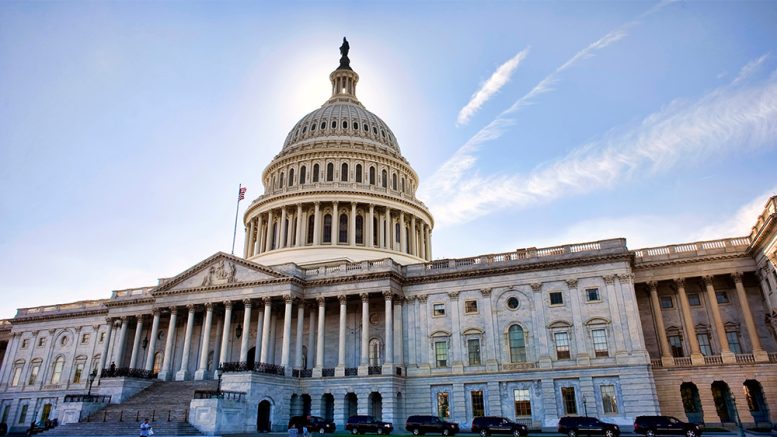
Braun

Young
U.S. Senators Todd Young (R-Ind.) and Mike Braun (R-Ind.) have joined a bipartisan group of senators in introducing a bill to collect more information about foreign ownership of agricultural land in the United States.
This bill was prompted by a report by the U.S. Government Accountability Office (GAO), released last week, titled, “Foreign Investments in U.S. Agricultural Land: Enhancing Efforts to Collect, Track, and Share Key Information Could Better Identify National Security Risks.”
Under the Agricultural Foreign Investment Disclosure Act (AFIDA) of 1978, foreign persons who acquire, dispose of, or hold an interest in U.S. agricultural land are required to disclose those transactions to the USDA.
Last week’s GAO report found that the USDA process for complying with AFIDA is ill-equipped to fully combat nefarious foreign ownership of American agricultural land by foreign adversaries.
According to United States Department of Agriculture (USDA) data from December 2021, foreign investors own approximately 40.8 million acres of U.S. agricultural land. (Editor’s note: That’s an area roughly equal to the state of Wisconsin.) Foreign ownership of U.S. agricultural land increased modestly increased from 2009 to 2015 at an average increase of 0.8 million acres per year. However, since 2017, this number skyrocketed to an annual average of 2.9 million acres. Additionally, between 2010 and 2021, entities or individuals from China increased their ownership of U.S. agricultural land from 13,720 acres to 383,935 acres.
The AFIDA Improvements Act of 2024 will take the following actions to improve the USDA’s processes, drawn largely from recommendations from the GAO report:
- Streamline CFIUS Data Sharing: Require USDA to enter into a memorandum of understanding with the Committee on Foreign Investment in the United States (CFIUS) to govern data sharing between USDA and CFIUS member agencies within one year of enactment.
- Modernize the AFIDA Handbook: Direct USDA to update the agency’s handbook for officials to collect AFIDA data within one year of enactment. This handbook was last updated in 2006.
- Implement Current Law: Require USDA to develop and report to Congress a timeline to meet specific implementation benchmarks for an online AFIDA submission system and public database. While Congress has required USDA to implement an online system by 2025, GAO discovered that USDA “has not developed timelines for creating an online submission process [or] a public database.”
- Improve Data Verification and Monitoring: Direct and empower USDA to take any such actions as are necessary to validate foreign ownership data collected under AFIDA.
- Identify Suspected Non-Filers: Direct USDA to better leverage Farm Service Agency data to identify individuals who have illegally not filed transactions with foreign persons under AFIDA.
- Collect Data from Every Foreign Investor: Require reporting for foreign persons with a minority stake in an agricultural land asset, including through ownership tiers or shell companies.
In addition to Senators Young and Braun, Senators Jon Tester (D-Mont.), Joni Ernst (R-Iowa), Sherrod Brown (D-Ohio), Roger Marshall (R-Kan.), John Fetterman (D-Pa.), Marco Rubio (R-Fla.), Tammy Baldwin (D-Wis.), Bill Hagerty (R-Tenn.), Eric Schmitt (R-Mo.), and Katie Britt (R-Ala.) also cosponsored the bill.
“This is an important national security issue on the minds of many Hoosiers, particularly in our Indiana agriculture community,” Sen. Young said. “As we seek to counter the Chinese Communist Party’s efforts to manipulate markets, this legislation will provide critical information and transparency to better protect our homeland.”
“Many Americans are worried about adversarial foreign countries buying up American farmland and jeopardizing our food supply chain,” Sen. Braun said. “This bipartisan bill will improve the USDA’s system for collecting information on purchases of farmland by foreign nationals better identify transactions that should have been reported but weren’t.”
This bill is supported by the Agribusiness Council of Indiana, the Indiana Corn Growers Association, and the Indiana Soybean Alliance.
Click here to read the full text of the bill.

